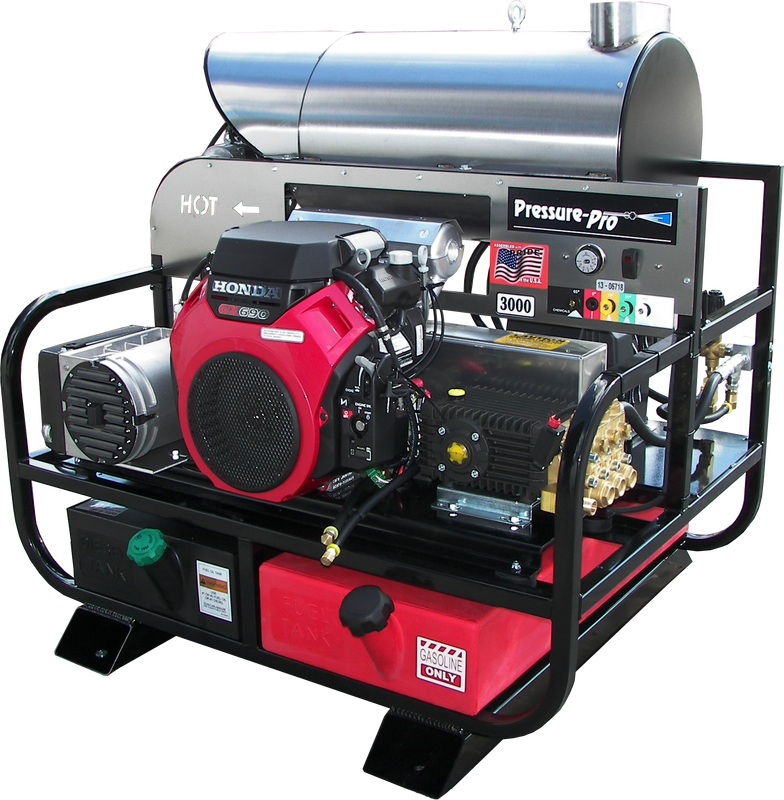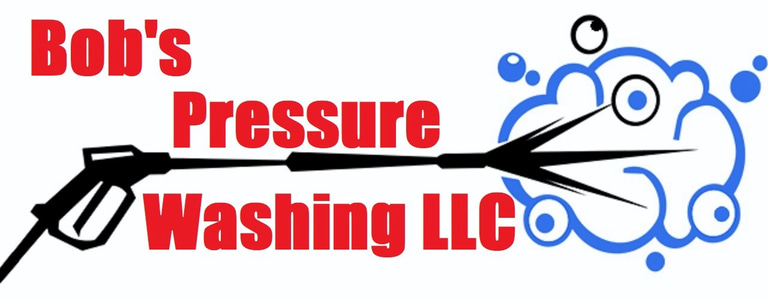Understanding the Different Types of Pressure Washers: A Comprehensive Guide
Understanding the Different Types of Pressure Washers: A Comprehensive Guide
EXTERIOR CLEANING SERVICE PROCESSESBASIC HOME MAINTENANCECURB APPEALPRESSURE WASHING SERVICES


Gas vs. Electric Pressure Washers: Comparing the Benefits and Limitations
Pressure washers are versatile tools used for a variety of cleaning tasks, from residential to industrial applications. They operate by using a pump to increase the water pressure from a garden hose, providing a powerful jet of water capable of removing dirt, grime, and other debris. There are two primary types of pressure washers: gas-powered and electric-powered, each with unique benefits and limitations. Understanding these differences can help users make informed decisions depending on their specific needs.
Gas pressure washers are known for their high power output, typically ranging between 2,000 to 4,000 PSI (pounds per square inch). This makes them ideal for heavy-duty tasks such as cleaning large outdoor areas, stripping paint, or removing tough stains from driveways and patios. Gas models are also more portable since they do not rely on an electrical outlet, offering flexibility in terms of where they can be used. However, gas pressure washers tend to be noisier and emit exhaust fumes, posing environmental and health concerns. They also require regular maintenance, including oil changes and spark plug replacements, which can be time-consuming and costly.
On the other hand, electric pressure washers are generally more user-friendly. They produce lower pressure, usually between 1,300 to 2,400 PSI, making them suitable for lighter tasks like cleaning vehicles, outdoor furniture, and small patios. Electric models are quieter and do not emit harmful fumes, making them more suitable for use in enclosed or residential areas. Additionally, they require less maintenance compared to their gas counterparts, primarily because there are no engine components to service. However, the need for a nearby electrical outlet can limit their portability and overall convenience in larger, open areas.
When deciding between gas and electric pressure washers, consider the specific tasks you intend to tackle. For routine light-duty cleaning, an electric pressure washer may suffice. In contrast, for more intense, large-scale cleaning projects, a gas pressure washer is likely the more effective choice. Assessing your unique requirements will ensure that you select a pressure washer that offers the optimal balance of power, convenience, and sustainability for your needs.
Cold Water vs. Hot Water Pressure Washers: Differences and Use Cases
Understanding the differences between cold water and hot water pressure washers is crucial for selecting the appropriate equipment for your cleaning needs. Both types offer distinct advantages, thanks to their operational mechanisms defined by the role of water temperature. This guide aims to illuminate those differences and help you make an informed choice.
Cold Water Pressure Washers
Cold water pressure washers are widely recognized for their accessibility and efficiency in handling common cleaning tasks. These units utilize the force of pressurized water to dislodge dirt and grime from surfaces. They are generally more straightforward to use and are ideal for light to moderate cleaning jobs. For instance, cold water models excel at cleaning vehicles, driveways, patios, outdoor furniture, and even gardening tools. Since they do not require a heating element, they are often lighter, more portable, and less expensive compared to their hot water counterparts.
Hot Water Pressure Washers
Hot water pressure washers, on the other hand, incorporate a heating element that raises the water temperature before it is expelled at high pressure. The introduction of heat considerably enhances the machine’s cleaning power, making it particularly effective against stubborn substances like grease, oil, and chewing gum. These washers are particularly advantageous in industrial settings, commercial kitchens, and environments where hygiene and cleanliness are paramount. For example, the ability to melt away grease makes hot water pressure washers indispensable for cleaning commercial kitchen equipment, heavy-duty machinery, and automotive repair shops.
In summary, the primary difference lies in the cleaning efficacy provided by temperature. Cold water units are cost-effective and suitable for everyday cleaning tasks, whereas hot water units offer superior cleaning power for more challenging, grime-laden scenarios. Understanding these distinctions ensures the selection of the right pressure washer, optimizing both cleaning results and operational efficiency.
Making the Right Choice: Factors to Consider
Selecting the appropriate pressure washer involves carefully analyzing several factors to ensure it meets specific needs and conditions. The first step is understanding the power output, which directly influences the efficiency of the cleaning task. For heavy-duty cleaning such as removing tough grime from driveways or preparing surfaces for painting, a higher PSI (pounds per square inch) is essential. Conversely, for lighter tasks like washing cars and outdoor furniture, a lower PSI suffices, minimizing the risk of damage.
Maintenance is another critical factor. Gas-powered pressure washers, known for their high power, generally demand more upkeep compared to electric models, which are easier to maintain but may require frequent part replacements. Consider the ease of maintaining the unit, availability of spare parts, and manufacturer support.
Environmental impact should not be overlooked. Electric pressure washers are typically more eco-friendly, emitting no exhaust and functioning with minimal noise. In contrast, gas-powered washers, while powerful, produce emissions and generate more noise, which could be a concern, especially in residential areas.
Cost plays a significant role in your decision. Initial purchase price, long-term operational costs, and potential maintenance expenses need to be balanced against your budget. While gas models might have a higher upfront cost due to their robust performance, electric models are often more economical in the long run due to lower maintenance and operational costs.
When evaluating suitability for specific tasks, consider the size of the area to be cleaned and the frequency of use. A larger area or frequent use might justify investing in a high-power, durable model. Conversely, sporadic use for smaller tasks could be economically fulfilled by a lightweight, portable machine.
The availability of resources such as steady water and electricity supply is pivotal. Ensure the chosen pressure washer can be operated smoothly with the resources at hand, avoiding any operational inefficiencies.
Incorporating professional insights and testimonials enhances the credibility of your choice. For instance, professional cleaners often recommend gas-powered models for their superior performance in commercial settings, while homeowners frequently prefer electric models for their quiet, hassle-free operation.
To assist with the decision-making process, a handy comparison chart and checklist of essential questions can be invaluable. By meticulously assessing power output, maintenance requirements, environmental considerations, cost, task suitability, resource availability, and expert opinions, you can select the ideal pressure washer that meets all your needs efficiently and effectively.
